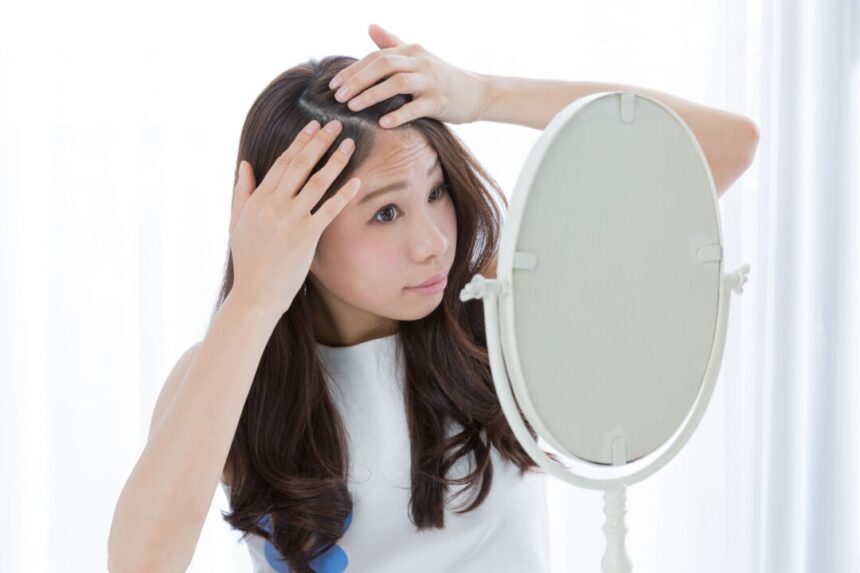Phytopharmaceuticals made from herbal extracts like rosemary and neem have been shown to be effective in treating dandruff without the negative side effects of synthetic products. Research has indicated that herbal remedies, such as a hair gel and leave-in tonic containing rosemary and neem extracts, can outperform conventional antifungal treatments. These natural remedies work by stabilizing the skin’s microbiome, offering a safer and more sustainable solution for dandruff. Other natural ingredients like honey, turmeric, and probiotic extracts have also shown promise in improving scalp health. Overall, plant-based treatments have been found to be effective in treating dandruff with minimal side effects, offering a holistic approach to dermatological care. The study results indicated that the most effective hair tonic for reducing dandruff contained 10 percent lemongrass oil.
Home Remedies for Dandruff
Here are some homemade remedies for combating dandruff:
Thyme Decoction
Ingredients:
- 3 tablespoons dried thyme leaves
- 2 cups water
Preparation:
- Add thyme leaves to 2 cups of water.
- Bring to a gentle boil and simmer for 10 minutes.
- Strain the leaves through a tea or coffee filter.
- Allow the decoction to cool before applying it directly to the scalp, and gently massage it into the skin.
- Wait for 1 hour before rinsing the hair with clear water.
Rosemary Tincture
Ingredients:
- 2 teaspoons dried rosemary sprigs
- 3 fl. ounces 40 percent alcohol (e.g., vodka)
Preparation:
- Break up rosemary into small pieces.
- In a jar, add the rosemary to the alcohol.
- Allow to infuse for 4 weeks, shaking the mixture every few days.
- Strain through a filter or muslin cloth, then fill into a colored-glass bottle with a dropper.
- Apply to the affected skin and allow to air dry.
Note: The alcoholic tincture may cause a burning sensation when applied to broken skin on the scalp. In such cases, the thyme decoction is a gentler alternative. Consult a dermatologist if needed.
Other Natural Treatments
According to Greenberg, zinc shampoos can be beneficial for dandruff, and sunlight exposure may also help improve the condition, especially during the summer months.
Research has shown that light therapy has antifungal effects against Malassezia, the fungus commonly associated with dandruff.
Probiotics have shown promise in treating dandruff as well. A meta-analysis published in Heliyon reviewed various studies and concluded that probiotics can reduce inflammation, rebalance sebum production, and promote a healthier scalp environment, leading to a decrease in dandruff symptoms.
The Issue with Over-the-Counter Treatments
Dandruff affects approximately half of the global population, with millions of Americans seeking treatment options that cost over $300 million annually.
Some researchers have criticized the personal care industry for capitalizing on dandruff, labeling it as the most commercially exploited skin disease.
The market for over-the-counter dandruff treatments is expected to nearly double from $9 million in 2023 to $14 million by 2030.
Synthetic treatments may have side effects, including skin irritation, increased hair loss, and potential internal symptoms like stomach pain. A review published in Current Topics of Medicinal Chemistry highlighted these risks associated with conventional dandruff treatments.
Greenberg advocates for a holistic approach to treating dandruff, emphasizing the importance of addressing underlying causes rather than just suppressing symptoms. She believes that a combination of dietary changes, lifestyle adjustments, and natural remedies can provide long-term relief from dandruff.
By focusing on both internal and external factors, individuals can achieve healthier skin and overall well-being. Please rewrite this sentence.
Source link





